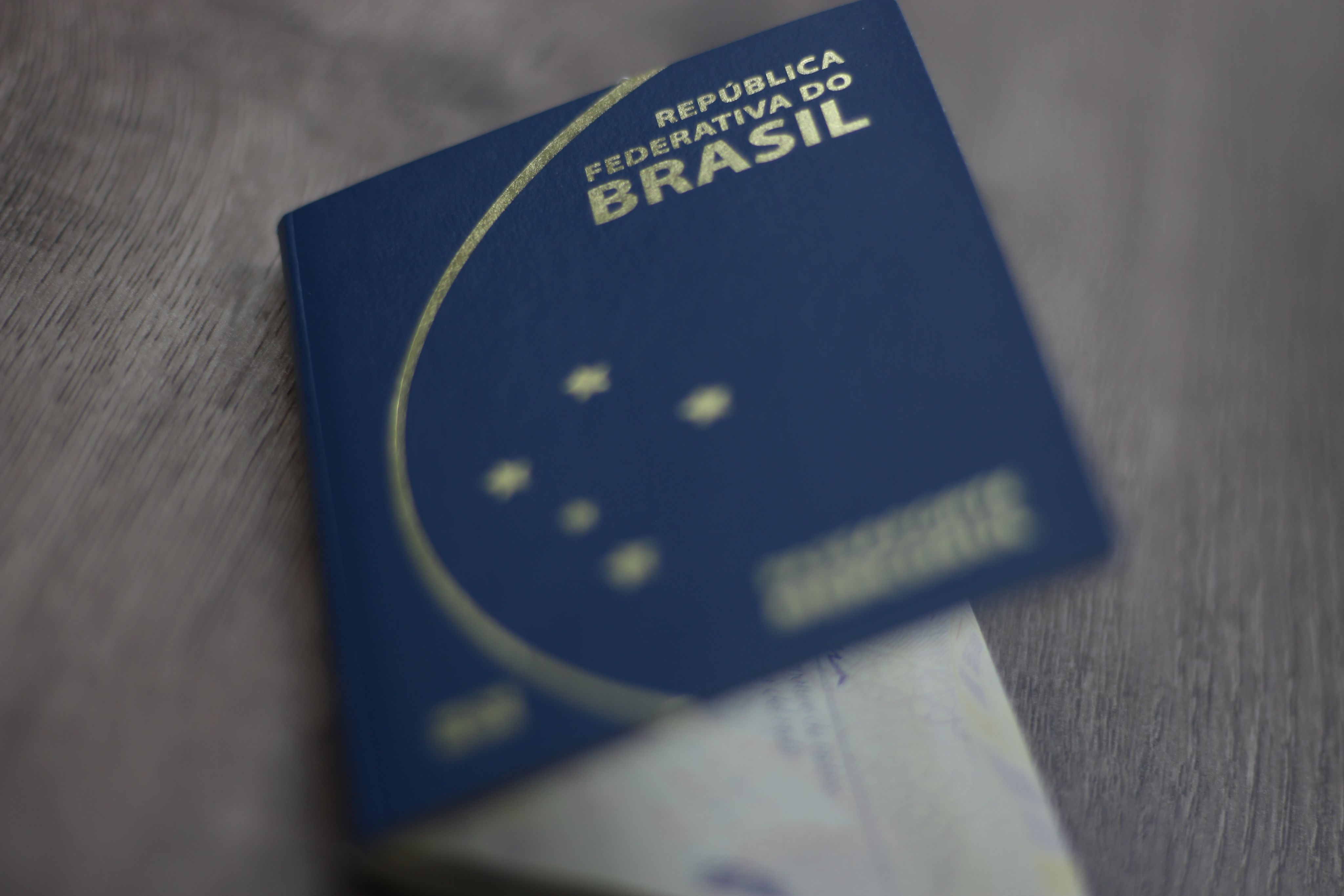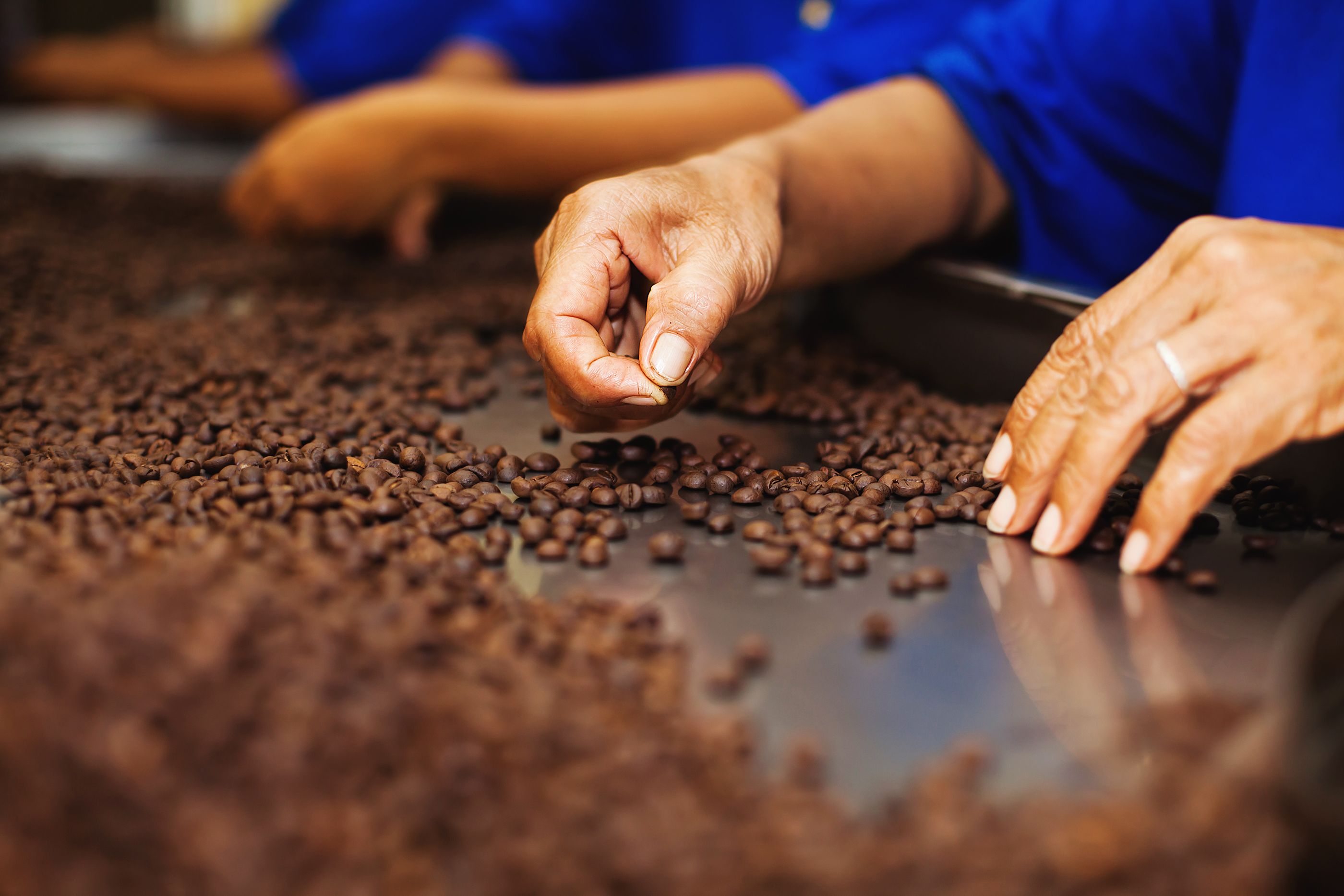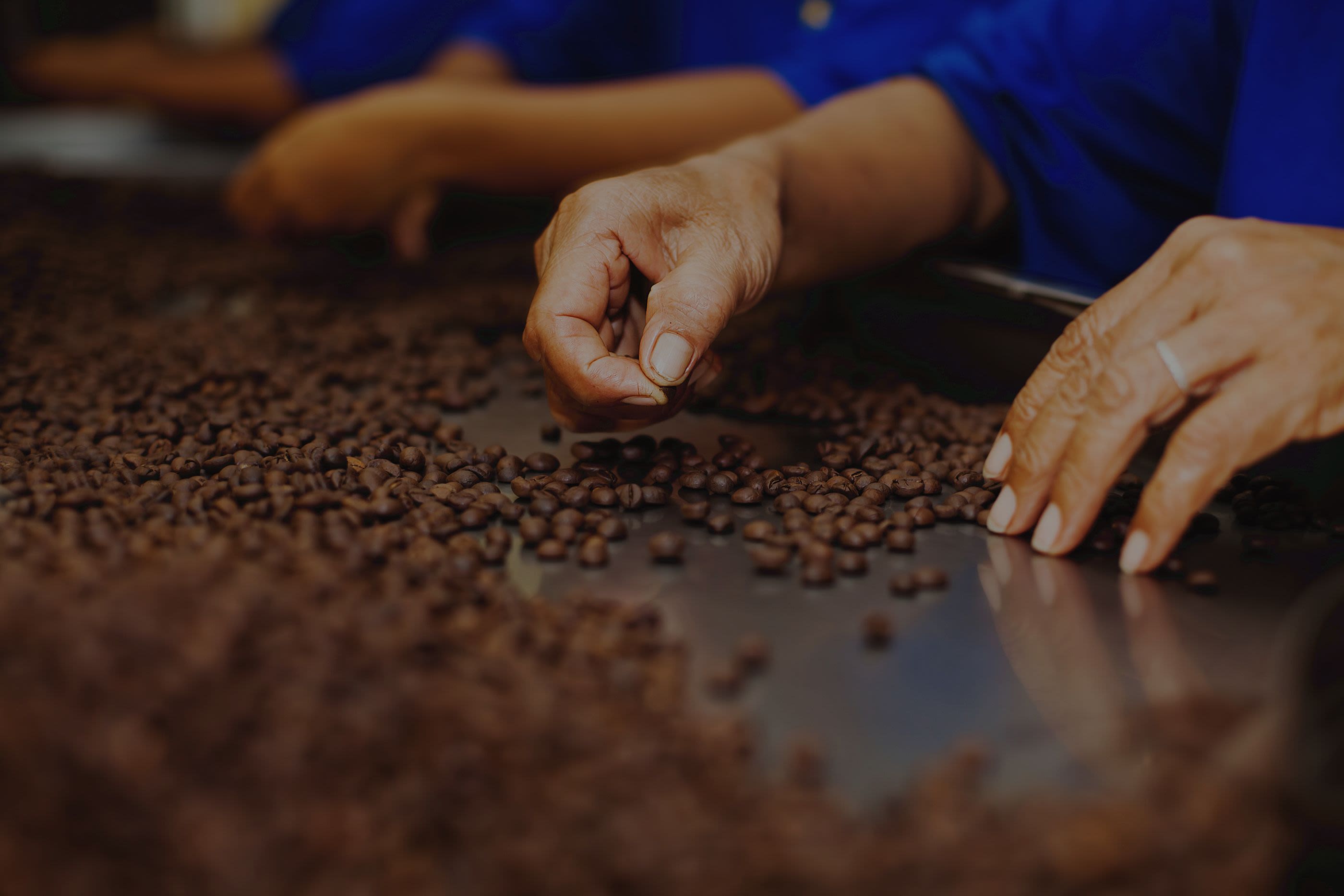
Slavery is often thought of as a relic of the past, but this pervasive issue continues to spread globally and closer to home than many of us realise. With an estimated 41,000 modern slaves currently in Australia and 50 million worldwide, modern slavery is not only a global problem but one that affects our communities. Bond University Business School’s Assistant Professor Dr Clare Burns is deeply committed to raising awareness about this critical issue and urges us all to ask ourselves what we are paying — or not paying — for each purchase we make.
Hidden in plain sight
Dr Burns’ dedication to addressing modern slavery is born from personal experience. While living in South East Queensland, she encountered the reality of modern slavery firsthand when assisting a Brazilian nanny who had come to Australia to work and learn English.
“She came here and, initially, the family she was assigned to was joyful,” recalls Dr Burns. “But as time went on, they started speaking to her as if she was worthless, calling her stupid, saying she had no idea, and her self-esteem started dropping.”
The situation escalated when the family prevented her from attending English classes, claimed she was ‘part of the family’ to justify not paying her, and confiscated her passport.
“I connected her with the Fair Work Ombudsman, which helped her to understand her rights and encouraged her to take that family to court,” says Dr Burns.
“It made me realise how easily people can become vulnerable to modern slavery right here in our backyard.”
Spotting modern slavery
Dr Burns says modern slavery is the deprivation of liberty and exploitation of individuals, often for profit. “There are a few different elements of modern slavery and sometimes it’s a grey area to determine where it crosses the line between wage theft and modern slavery,” says Dr Burns.
"But when we see that deprivation of liberty, like when my friend’s employer took her passport, in addition to exploiting her financially, it’s modern slavery.”
The most common form of modern slavery is forced marriage, then labour exploitation in industries like technology, garment manufacturing, agriculture, and even domestic work. “People, particularly those with English as a second or third language, can also be vulnerable in fishing jobs, construction work, hospitality and food services, domestic jobs, and the sex trade,” explains Dr Burns.
Holding businesses accountable
Australia enacted the Modern Slavery Act in 2018, requiring organisations with annual revenues exceeding $100 million to submit modern slavery statements to the Attorney General. Dr Burns says while this legislation marked a significant step forward, many businesses treat these statements as a ‘box-ticking’ exercise rather than a meaningful commitment to change.
“Modern slavery can happen far down the production line and can be missed if businesses don’t do a thorough examination of their supply chain,” says Dr Burns. “Effective modern slavery statements should be transparent and should include how a business has been challenged by the issue and what it's doing to make a change.
"Transparency is important, being aware and acknowledging a problem is the first step of ethical decision making. It is a good thing when large organisations disclose instances of modern slavery they have found in their supply chain and what they’ve done, or are doing, to combat it.
“If a large organisation states there is no modern slavery in their supply chain, they don’t know their business well enough. Woolworths, Wesfarmers and, more locally, Neumann Steel are great examples of businesses submitting modern slavery statements that make an impact.”

Spotting modern slavery
Dr Burns says modern slavery is the deprivation of liberty and exploitation of individuals, often for profit. “There are a few different elements of modern slavery and sometimes it’s a grey area to determine where it crosses the line between wage theft and modern slavery,” says Dr Burns.
"But when we see that deprivation of liberty, like when my friend’s employer took her passport, in addition to exploiting her financially, it’s modern slavery.”
The most common form of modern slavery is forced marriage, then labour exploitation in industries like technology, garment manufacturing, agriculture, and even domestic work. “People, particularly those with English as a second or third language, can also be vulnerable in fishing jobs, construction work, hospitality and food services, domestic jobs, and the sex trade,” explains Dr Burns.
Holding businesses accountable
Australia enacted the Modern Slavery Act in 2018, requiring organisations with annual revenues exceeding $100 million to submit modern slavery statements to the Attorney General. Dr Burns says while this legislation marked a significant step forward, many businesses treat these statements as a ‘box-ticking’ exercise rather than a meaningful commitment to change.
“Modern slavery can happen far down the production line and can be missed if businesses don’t do a thorough examination of their supply chain,” says Dr Burns. “Effective modern slavery statements should be transparent and should include how a business has been challenged by the issue and what it's doing to make a change.
"Transparency is important, being aware and acknowledging a problem is the first step of ethical decision making. It is a good thing when large organisations disclose instances of modern slavery they have found in their supply chain and what they’ve done, or are doing, to combat it.
“If a large organisation states there is no modern slavery in their supply chain, they don’t know their business well enough. Woolworths, Wesfarmers and, more locally, Neumann Steel are great examples of businesses submitting modern slavery statements that make an impact.”

“Modern slavery can happen far down the production line and can be missed if businesses don’t do a thorough examination of their supply chain.”
A new changemaker
There are hopes Australia’s first Anti-Slavery Commissioner Chris Evans who started his five-year term on 2 December 2024, will have an impact on the issue.
“Up until now, some have viewed the modern slavery statements as toothless tigers because there have been minimal consequences for insincere reporting,” says Dr Burns.
“Hopefully Chris Evans and his office can create more of an impetus to hold people to account or create more awareness.
“Plus, with people having greater access to mobile phones and cameras, this issue won’t be as easily ignored.”
Taking care of business
Dr Burns urges small businesses to look at the modern slavery statements of larger organisations to glean what they could be doing to combat modern slavery.
“Make it clear via your website and in your relationships with suppliers or contractors that there is zero tolerance for modern slavery,” says Dr Burns.
“For example, if you’re a cafe, look at your coffee supply. Stock fair trade products or use an organisation that has examined its supply chain and can vouch that people are being paid a fair wage and are not being exploited.”
A new changemaker
There are hopes Australia’s first Anti-Slavery Commissioner Chris Evans who started his five-year term on 2 December 2024, will have an impact on the issue.
“Up until now, some have viewed the modern slavery statements as toothless tigers because there have been minimal consequences for insincere reporting,” says Dr Burns.
“Hopefully Chris Evans and his office can create more of an impetus to hold people to account or create more awareness.
“Plus, with people having greater access to mobile phones and cameras, this issue won’t be as easily ignored.”
Taking care of business
Dr Burns urges small businesses to look at the modern slavery statements of larger organisations to glean what they could be doing to combat modern slavery.
“Make it clear via your website and in your relationships with suppliers or contractors that there is zero tolerance for modern slavery,” says Dr Burns.
“For example, if you’re a cafe, look at your coffee supply. Stock fair trade products or use an organisation that has examined its supply chain and can vouch that people are being paid a fair wage and are not being exploited.”
Making a stand
There are things we can do as consumers to discourage modern slavery in business, which includes opting for ethically sourced services and products versus cheaper options.
However, Dr Burns points out it is a real challenge to shop ethically considering the current cost of living crisis.
“There have been calls for a government and institutional response to put a stop to modern slavery, so it doesn't fall solely on the shoulders of individual consumers to have to decide between their budget and doing the right thing,” says Dr Burns. “But once people do become aware of modern slavery, they generally want to do something about it.
“The low-hanging fruit is not purchasing from organisations you know are actively engaged in modern slavery or aren't addressing it with transparency; getting out of that habit of purchasing fast fashion and low-value goods.”
Dr Burns recommends online resources like the Baptist World Aid’s Ethical Fashion Guide, Walk Free’s Global Slavery Index, and the Australian Red Cross for further help in identifying and combatting modern slavery in Australia.
“When shopping, think long and hard about what price you’re paying,” says Dr Burns.
“If there is a good chance the product or service has exploited someone along the chain, you’ve got to wonder if it’s the type of gift you’d want to give or own”
“Ask yourself if there are other ways you can spend your money that can help create good — instead of being complicit with modern slavery.”

If you know of someone who is experiencing modern slavery, contact the Australian Federal Police on 131 237. Additionally, the Fair Work Ombudsman 13 13 94 and Anti-Slavery Australia (02) 9514 8115 can also help.

Making a stand
There are things we can do as consumers to discourage modern slavery in business, which includes opting for ethically sourced services and products versus cheaper options.
However, Dr Burns points out it is a real challenge to shop ethically considering the current cost of living crisis.
“There have been calls for a government and institutional response to put a stop to modern slavery, so it doesn't fall solely on the shoulders of individual consumers to have to decide between their budget and doing the right thing,” says Dr Burns. “But once people do become aware of modern slavery, they generally want to do something about it.
“The low-hanging fruit is not purchasing from organisations you know are actively engaged in modern slavery or aren't addressing it with transparency; getting out of that habit of purchasing fast fashion and low-value goods.”
Dr Burns recommends online resources like the Baptist World Aid’s Ethical Fashion Guide, Walk Free’s Global Slavery Index, and the Australian Red Cross for further help in identifying and combatting modern slavery in Australia.
“When shopping, think long and hard about what price you’re paying,” says Dr Burns.
“If there is a good chance the product or service has exploited someone along the chain, you’ve got to wonder if it’s the type of gift you’d want to give or own”
“Ask yourself if there are other ways you can spend your money that can help create good — instead of being complicit with modern slavery.”

If you know of someone who is experiencing modern slavery, contact the Australian Federal Police on 131 237. Additionally, the Fair Work Ombudsman 13 13 94 and Anti-Slavery Australia (02) 9514 8115 can also help.
Published on 15 January, 2024

Original thinking direct to your inbox

Stories from Bond


